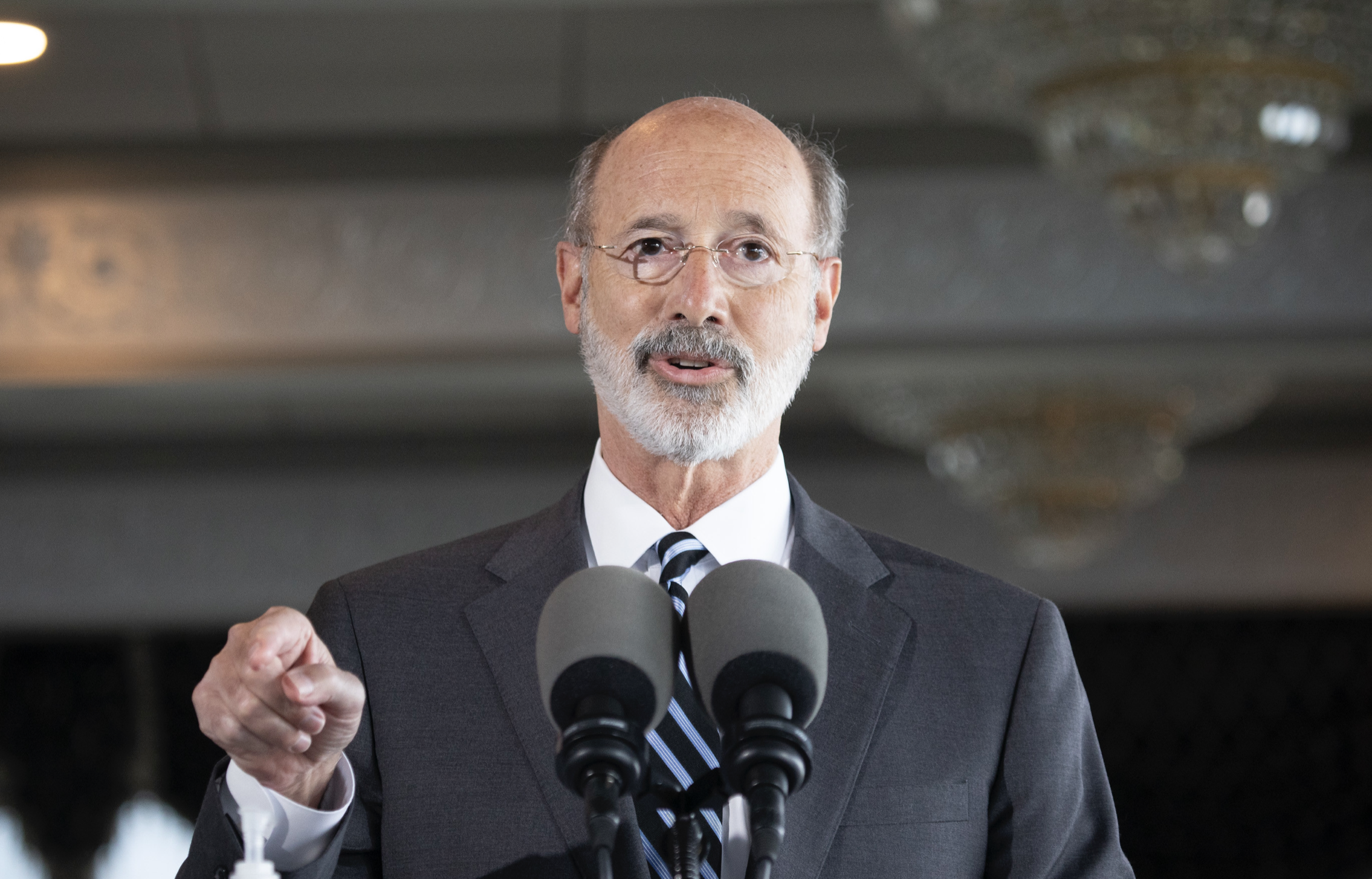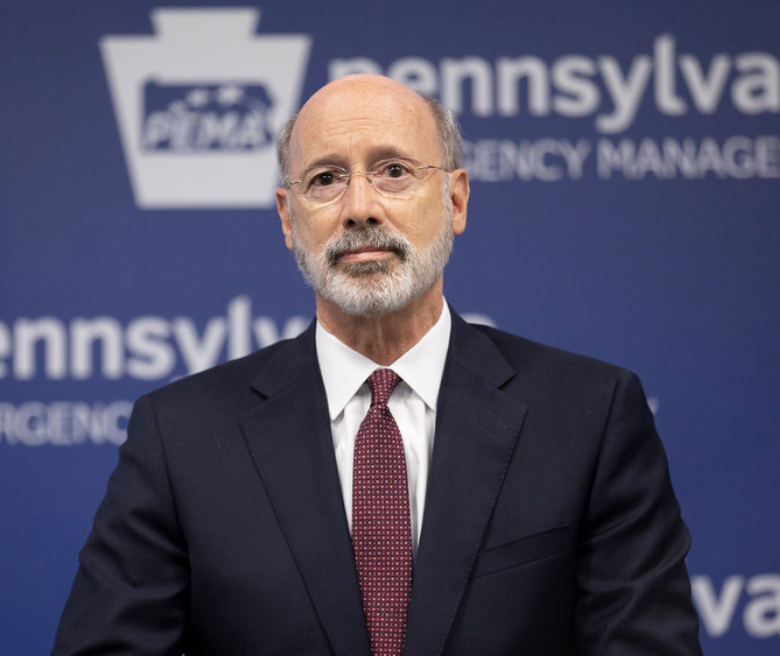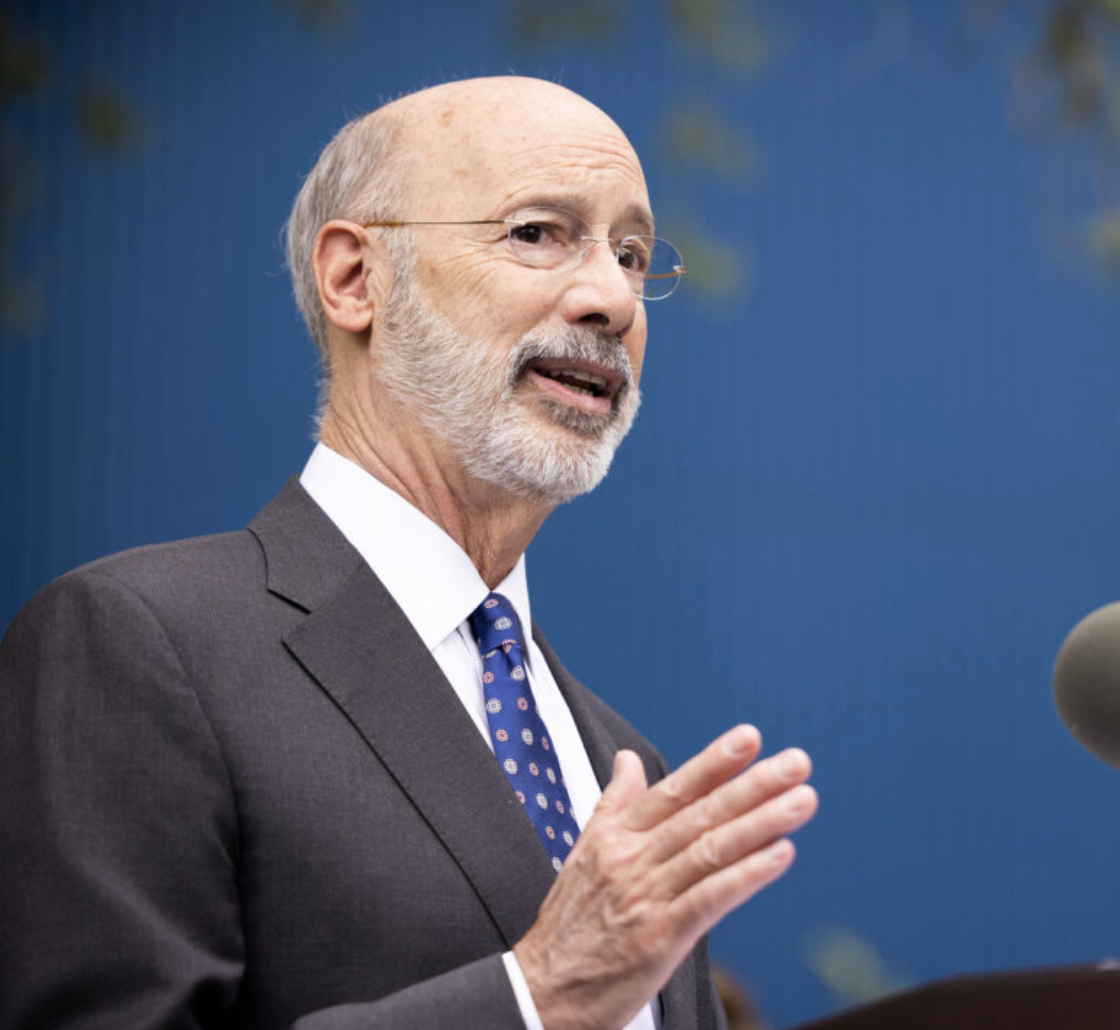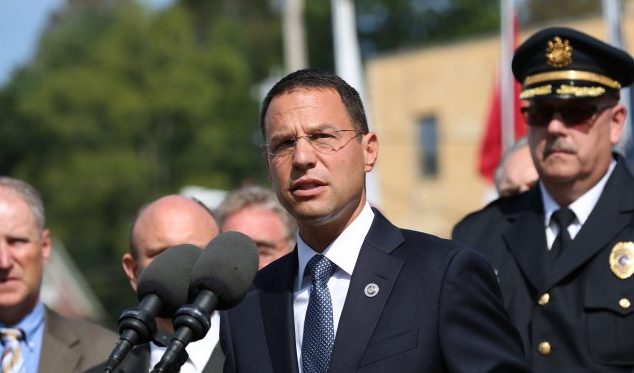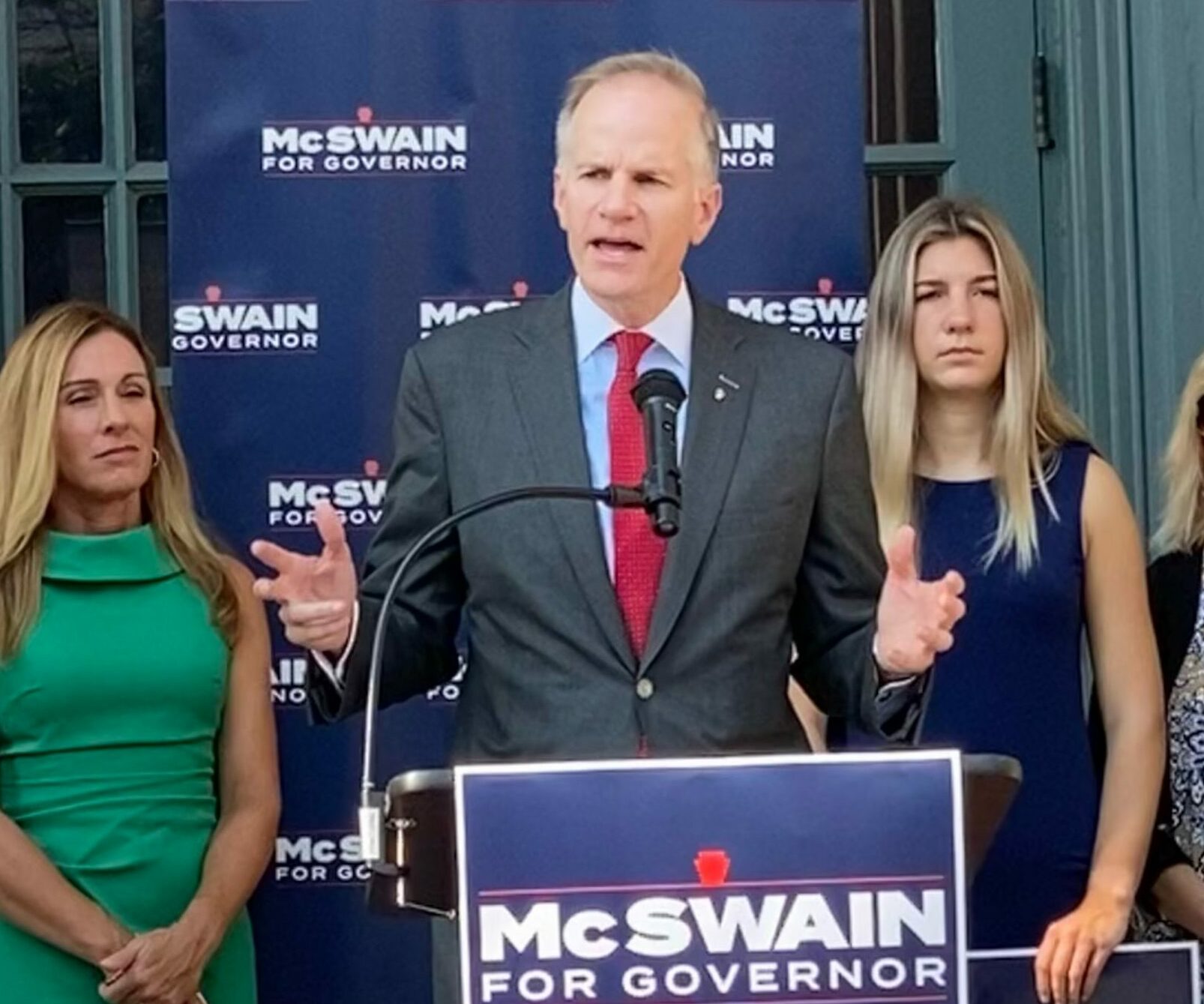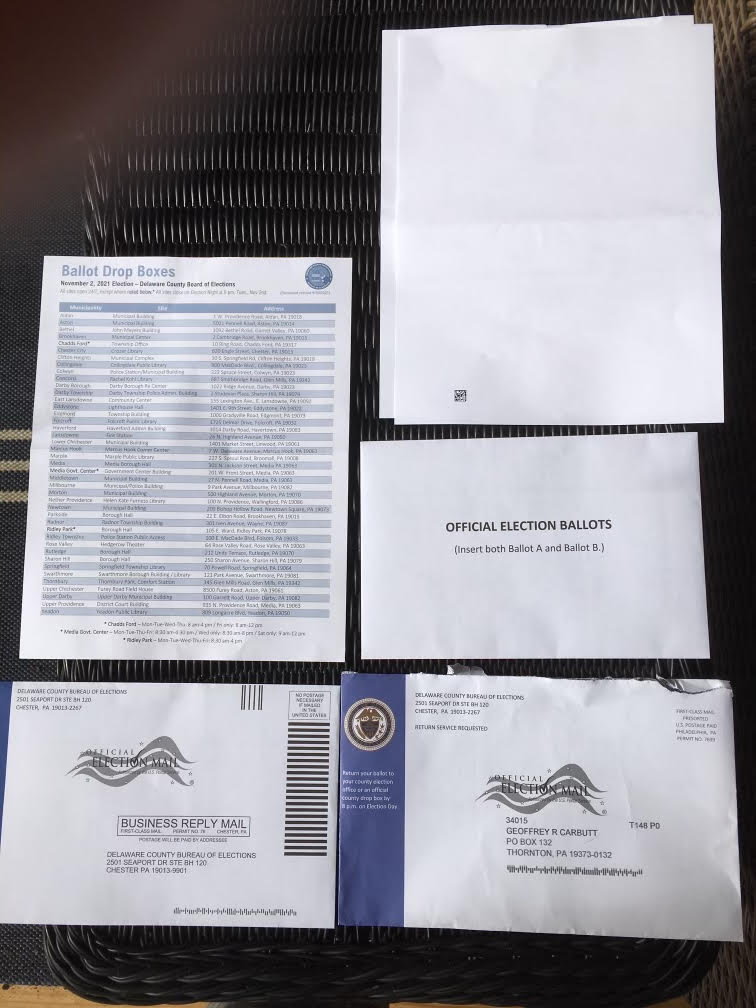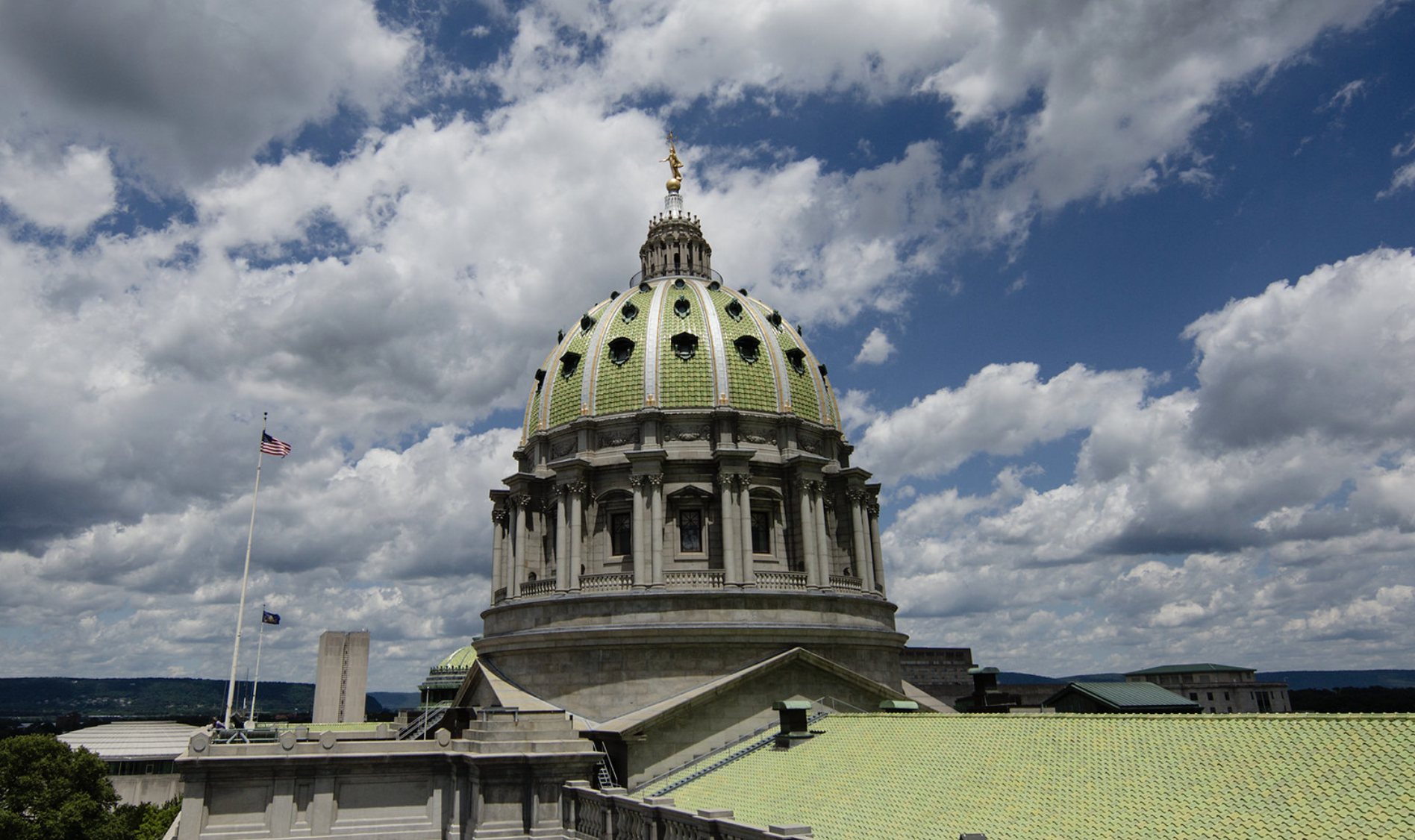McSWAIN: I Will Cut Pennsylvania’s Gas Tax in Half

Over the past few years, the Pennsylvania economy has been ravaged like never before. Oppressive, irrational state mandates have shuttered businesses, closed schools, and forced hard-working families to struggle to make ends meet. Liberal career politicians like Tom Wolf and Josh Shapiro have prioritized their own radical agendas over serving Pennsylvanians, while the quality of life for working families has plummeted.
While Wolf and Shapiro were busy picking and choosing which businesses to destroy during the pandemic, they also failed to address the extremely high tax burden that Harrisburg has placed on the average Pennsylvanian. The most glaring example is our highest in the nation gas tax, whose hefty impact looms over us with every gas station we pass on the road. Wolf and Shapiro have allowed the radical left to dictate policy instead of spending the last eight years working to lower the gas tax in Pennsylvania and harnessing the resources under our feet to make energy costs cheaper for everyone.
This failure is exacerbated by Joe Biden’s disastrous energy policies at the national level, which have left our country reliant on ruthless dictators and enemy nations for oil. As a result, Pennsylvanians have been met with skyrocketing inflation, an unstable state economy, and a crippling gas tax, often forced to make the impossible choice between paying for gas and groceries.
This is entirely unacceptable. While Biden, Wolf, Shapiro, and other career politicians prioritize government programs that take taxpayer money with no return, I know that the real cure to our economic woes is to put the people back in charge.
That starts with a solution to our state gas tax. As governor, I will permanently reduce this tax by 50 percent, which will effectively repeal the gas tax raise enacted in 2013 and put paychecks back where they belong – in the wallets of hardworking Pennsylvanians.
Many of our elected officials, and several of my opponents, have suggested Band-Aid solutions like gas tax holidays or temporary cuts, but this is not enough. Families and small businesses suffer the most when gas taxes are through the roof. Pennsylvanians deserve a permanent reprieve.
Some tax-loving politicians argue the gas tax funds necessary programs and services. Really? The massive gas tax increase enacted in 2013 was billed as a solution to Pennsylvania’s rundown roads and bridges. And, yet, while we pay more at the pump, and our turnpike is the most expensive in the nation, our roads and bridges are still in disrepair.
So, where did the money go? Unsurprisingly, career politicians view their constituents as little more than ATMs and rarely bother to deliver what they promise. In fact, the gas tax increase was just a drop in the bucket of our ever-growing state budget. Pennsylvania’s operating budget has ballooned under the Wolf administration, and, unfortunately, Pennsylvanians have little to show for it. We are long overdue for transparency, accountability, and fiscal prudence regarding state programs and funds.
As governor, I will evaluate the entire state budget and cut areas of wasteful spending. I will stand up to career politicians in Harrisburg who want to tax citizens into oblivion to pay for bigger and bigger budgets. There will be no more gimmicks, no more harmful taxes, and I will end egregious corporate welfare. By reducing the size of government and prioritizing our spending, our commonwealth will retain funding for crucial infrastructures like roads and bridges, safeguard public safety initiatives, and restore a business and family-friendly culture so that our economy can thrive.
This is just the first step in restoring Pennsylvania to a place of national prominence. Pennsylvania has everything it needs to become an energy and economic powerhouse, but it will take a conservative outsider to get us there. As governor, I will be committed to fully harnessing the potential of Pennsylvania’s energy resources. I will fight to shrink the size of government, make sure the people of Pennsylvania have permanent relief at the pump, and work to implement policies that will strengthen our economy by reducing the burden on business owners, families, and hard-working taxpayers. Better days are ahead for Pennsylvania, and I am excited to lead us there.
Follow us on social media: Twitter: @DV_Journal or Facebook.com/DelawareValleyJournal


